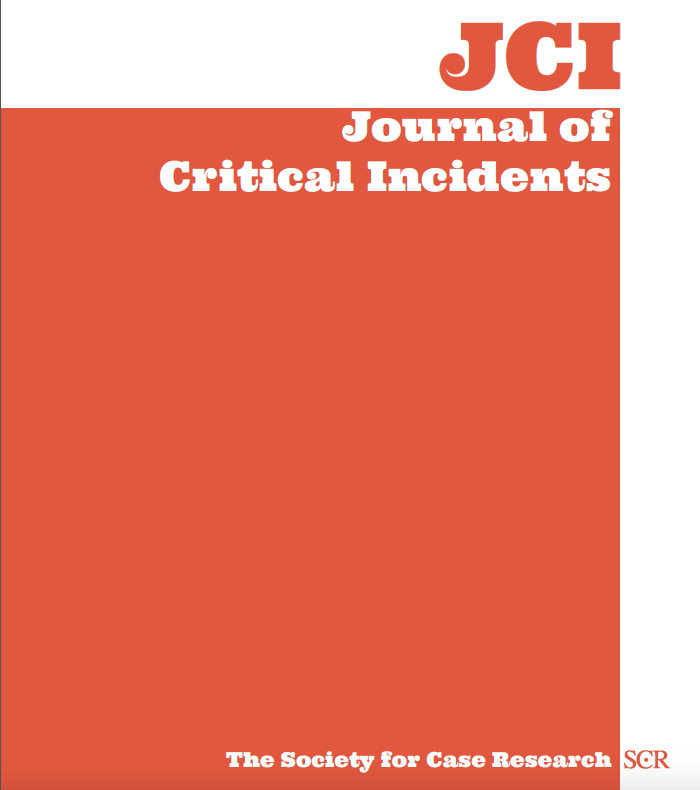Root Capital: Measuring the Effects of Impact Investing on Impoverished Rural Communities

Social responsibility has become more than just a luxury idea for organizations in the twenty- first century; in 2015, it was increasingly seen as a necessity for a company. More emphasis on ethics, high profile corporate greed cases, and realizations of the far reaching interconnected cause and effect relationship of company actions created a conscience for how organizations should conduct business. Root Capital’s mission was to improve the world using impact investing to address poverty in developing counties primarily focused on the agricultural industry. Although Root Capital was a non-profit company, it ultimately wanted to see profitability in small and growing farming businesses. However, even though profit is important for an organization’s sustainability, impact can be measured in dollars and social change. By factoring in overall impact for the society and the environment, conscientious companies can make profitable contributions to the world and realize the long term benefits of company good will and sustainability. Root Capital focused on understanding the real impact of its investments to measure its success and usher in an age of profitable impact investing.
In completing this assignment, students should be able to:
1. Understand the benefits of multi-focus company goals that include profitability, social impact and environmental impact.
2. Bring awareness of poverty issues around the world.
3. Determine how investments in the rural agricultural industry around the world affect prosperity.
4. Decide if environmentally sustainably practices increase world food production productivity.
